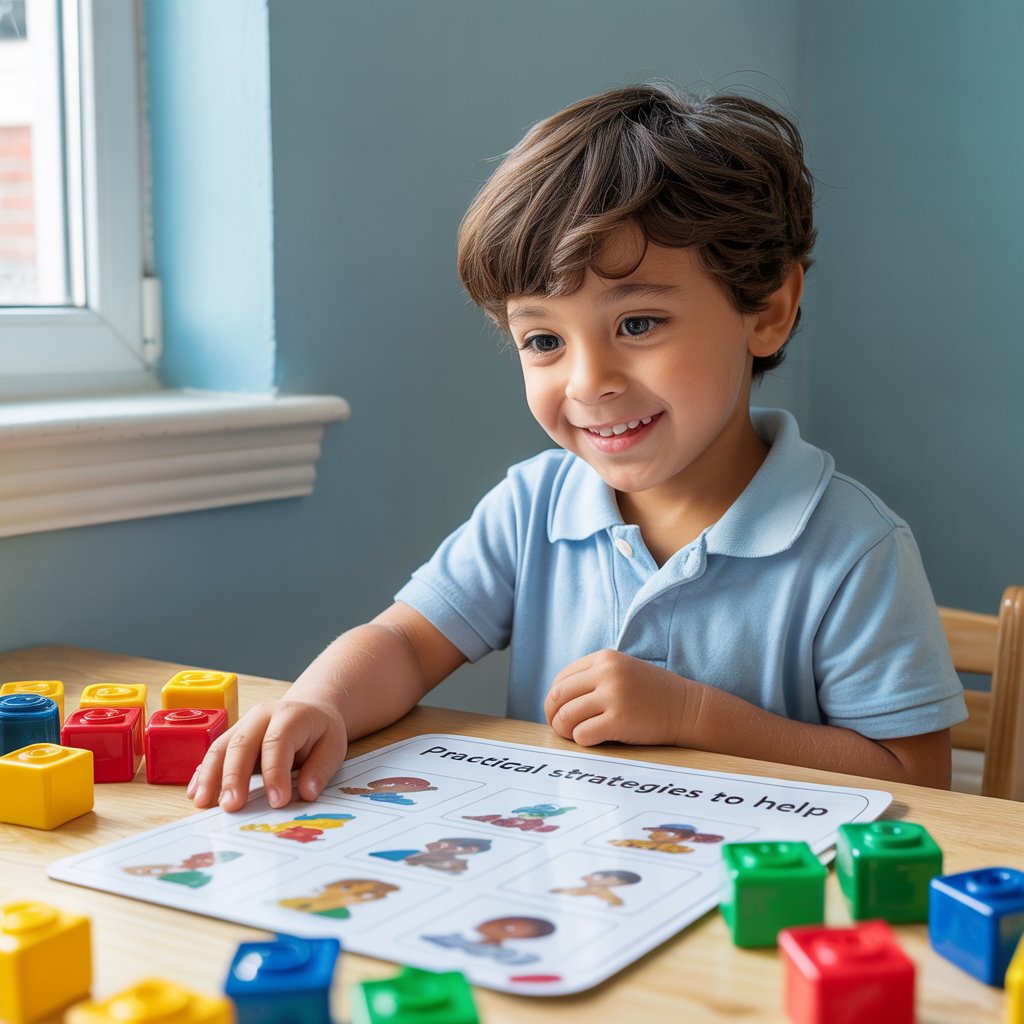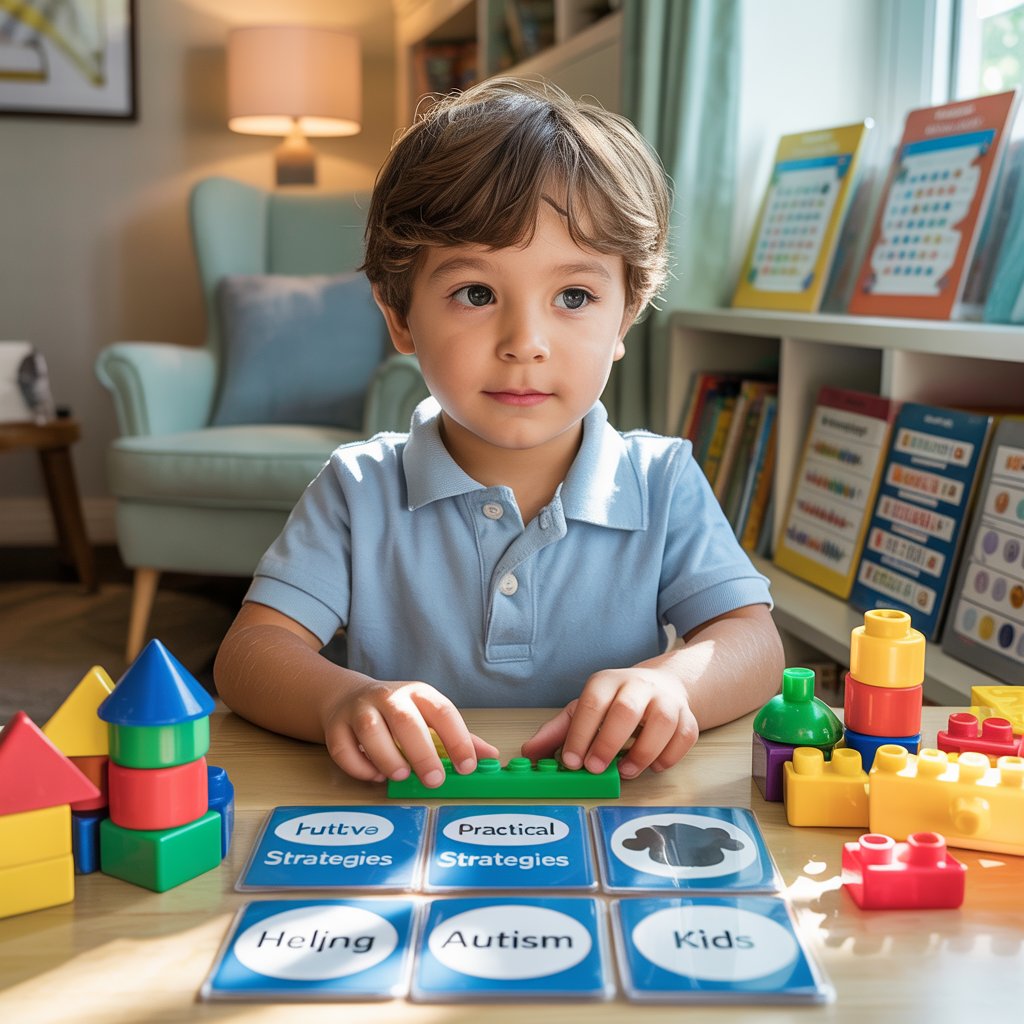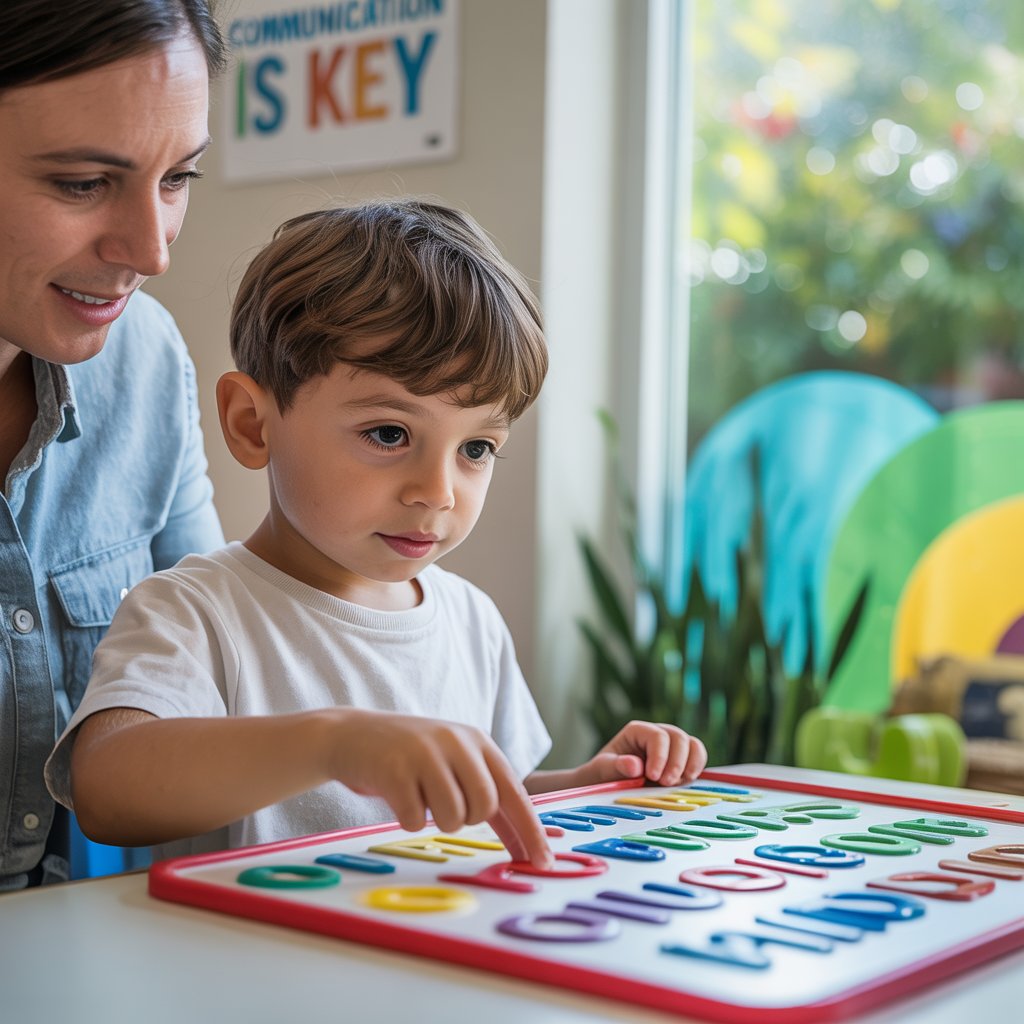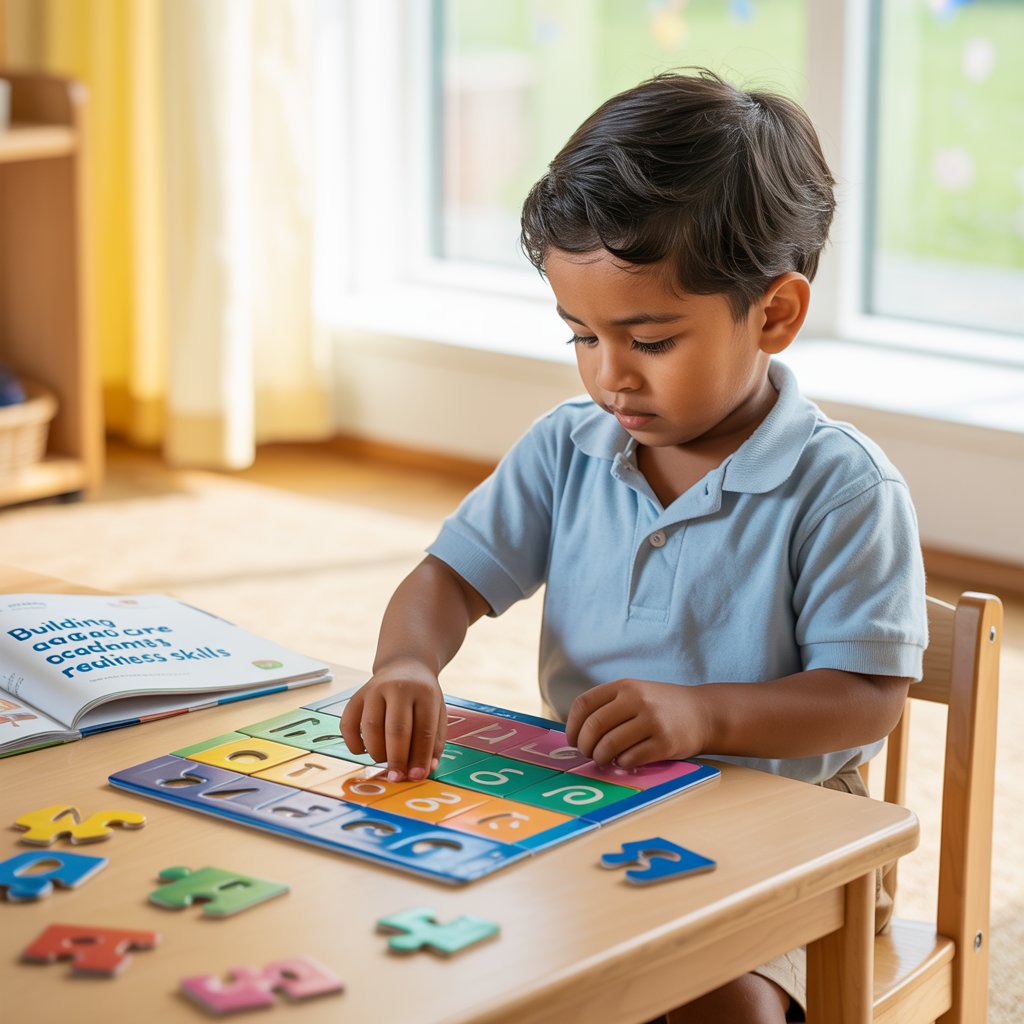Practical Strategies to Help Your Autistic Child Learn and Thrive

Appropriate assessment strategies
Tracking your child's progress isn't about rigid testing. It's about finding what works for your unique kiddo. Forget one-size-fits-all approaches.
The best assessment strategies for children with autism are those that happen naturally during everyday activities. When your child is building with blocks or looking through a picture book, that's your golden opportunity to observe their skills in action.
Consider these kid-friendly assessment options:
- Play-based observations: Watch how they problem-solve during play
- Visual checklists: Simple charts with pictures they can understand
- Digital apps: Track progress with engaging, interactive tools
- Video recording: Capture moments to compare over time
Remember the 3 C's: make assessments comfortable, consistent, and compassionate.
Setting meaningful individualized goals
Goals that actually matter make all the difference. Generic milestones? Trash them.
Your child's goals should reflect what they need for their daily life. If they love trains, use that interest to develop counting skills. If they struggle with transitions, create goals around that specific challenge.
Break down those big dreams into tiny, doable steps. Instead of "will improve reading," try "will identify three sight words during story time."
Parents, you're the experts here. Your input is crucial when crafting these goals. You know what success looks like for your child better than anyone.
Tracking incremental achievements
The tiny wins matter most. That first time your child points to request something? Celebration time!
Smart tracking means documenting the small stuff:
- Monday: Used spoon independently for 3 bites
- Wednesday: Maintained eye contact for 5 seconds
- Friday: Requested "more" with picture card twice
Simple tools work wonders. Try:
- A dedicated notebook with daily entries
- A wall calendar with stickers
- A shared digital document teachers can access
- Photo evidence of new skills
Dating each achievement creates a powerful visual timeline of growth.

Reinforcing and rewarding progress
Kids with autism need to know when they're crushing it. Immediate feedback is your secret weapon.
But here's the thing about rewards – they need to actually motivate YOUR child. Some kids light up with verbal praise, while others couldn't care less about your "good job" but will move mountains for five minutes with their favorite toy.
Create a personalized reward menu:
- Sensory rewards (jumping, swinging)
- Special interest time (dinosaurs, trains)
- Physical affection (if they enjoy it)
- Visual reinforcers (stickers, tokens)
The timing matters too. Don't wait until the end of the day – reward immediately after you see the skill you want to encourage.
And parents? Don't forget to celebrate your own victories. You're doing amazing work supporting your child's journey.
Building a strong educational foundation for children with autism requires recognizing their unique learning profiles while focusing on key pre-academic and academic readiness skills. By implementing effective teaching approaches such as structured learning environments, visual supports, and individualized instruction, educators and parents can help these children develop essential capabilities in attention, communication, fine motor skills, and social interaction. Creating supportive learning environments that minimize sensory distractions while providing consistent routines further enhances their educational journey.
The path to academic success for children with autism is built on small, meaningful steps forward. By celebrating these achievements—whether mastering a new social skill or completing an academic task independently—we acknowledge their hard work and perseverance. Remember that each child's developmental timeline is unique; with the right supports, strategies, and understanding, children with autism can build the fundamental skills needed to thrive academically and beyond.







